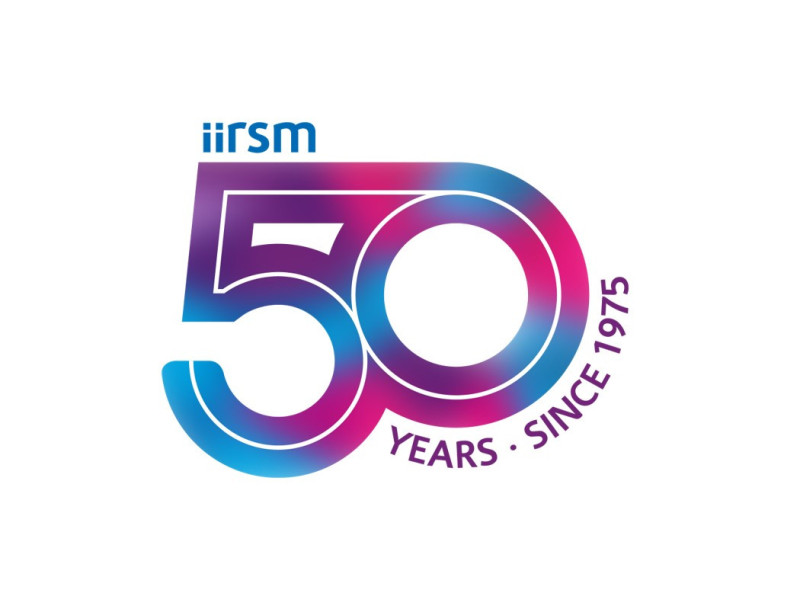Professor Brian Toft OBE FIIRSM, Emeritus Professor of Patient Safety at Coventry University and IIRSM Honorary Vice President, explains why he joined IIRSM
“Congratulations to IIRSM! The Institute has always been forward looking and has never been satisfied to sit still. The small team and the Trustees have always been thinking about what they can do to help members.”
Professor Brian Toft, Emeritus Professor of Patient Safety at Coventry University, was educated at the Universities of Lancaster, Exeter and Cambridge and held several senior advisory positions, including membership of the World Health Organization European Regional Advisory Council on Patient Safety and Healthcare. He was research director at Marsh Risk Consulting. Brian was the first non-physician to chair an external inquiry into the death of a patient in the National Health Service. He was presented with the Royal College of Radiologists Glyn Evans Memorial Lecture Medal for his work on ‘involuntary automaticity’ and awarded an OBE for his services to healthcare in the 2010 Queen’s Birthday honours list.
When and why did you join IIRSM?
I did my first degree at Lancaster University into the reasons why people and organisations make inadvertent errors, and that leads directly into safety. When I was doing my PhD in 1985, I encountered the IIRSM which looked to be helping people in safety and risk. I joined because I felt it would help increase my professional understanding of risk and safety. When I later completed my PhD, I successfully applied and became one of IIRSM’s early Fellows. Subsequently, I applied for a position on the Board when a vacancy arose and was honoured to be invited to join Council in 1993. I was made an Honorary Vice President for life in 2003.
What do you think has changed over the years?
The Health and Safety at Work Act 1974 was a significant piece of legislation but was very much about practical steps. Since then, the profession has become more personal, with a focus on areas such as mental health and sexual harassment which were not considered as issues for health and safety professionals. Society has changed a lot and we are moving forward. What has struck me is that you need a very powerful safety culture and without that, no organisation is safe. In 2003, there were 227 work-related fatalities in the UK and deaths have come down by about two-thirds in 20 years. Hopefully the additional focus on the personal aspects may bring this down further.
Thank you for enquiry
A member of staff will be in touch soon. Regards, IIRSM




